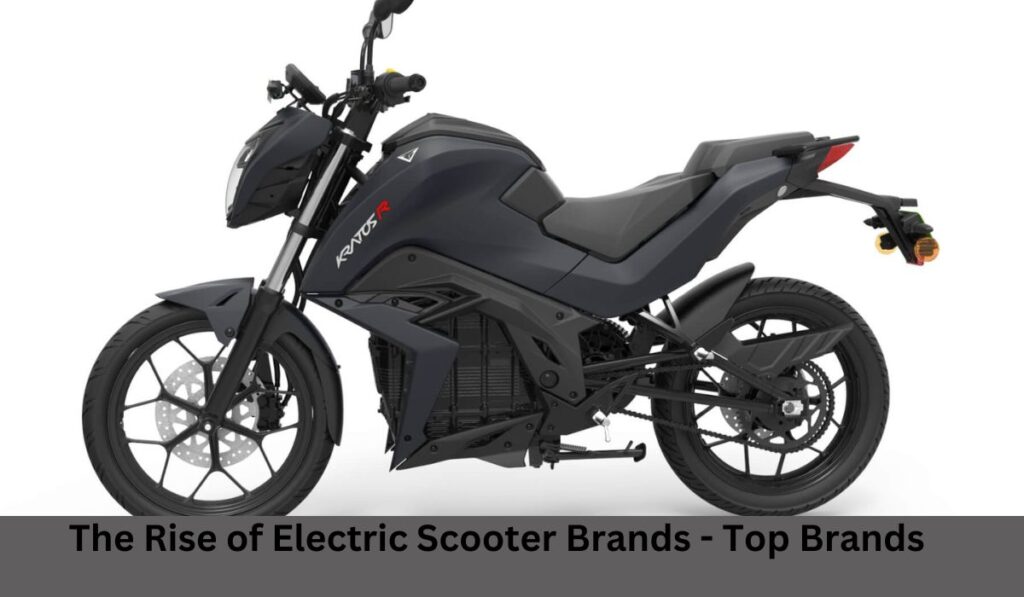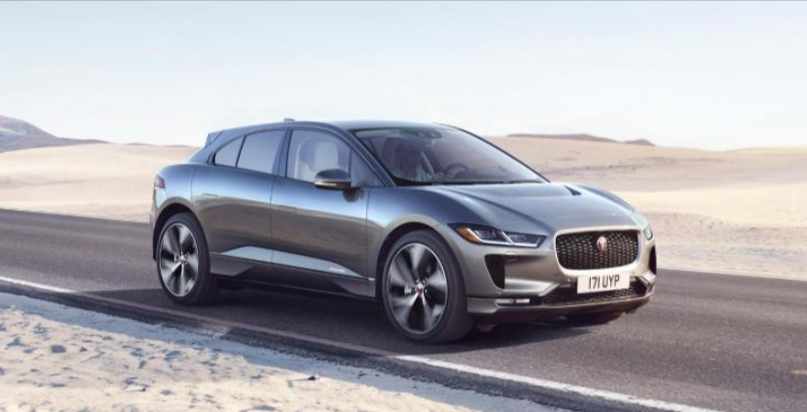In a dramatic shift from its ambitious plans, the Volkswagen Group finds itself at a critical juncture in its electric vehicle (EV) strategy. Once poised to invest $200 billion into new EV factories and production, Volkswagen now faces a stark reality: pausing most EV production and delaying key models until 2029. This decision comes amidst record global EV sales and mounting challenges in key markets like China. Join me as we dissect Volkswagen’s strategic pivot and explore the implications for the future of automotive innovation.
Volkswagen’s EV Investment Plan
Last year, the Volkswagen Group had planned on investing $200 billion into new EV factories and production. Now, the group is admitting to a crisis, stating that the $200 billion is no longer being invested in EVs. EVs are being put on the back burner, which is a terrible move that will unquestionably cost sales in the near and long term.
Strategic Shift: Pausing EV Production
The Volkswagen Group recently announced that it would pause most EV production and new car development. The Volkswagen Golf EV has now been postponed until 2029, which is an insane decision considering the record EV sales this year, with a 20% increase worldwide. Instead of recognizing this reality, Volkswagen is pausing development of most of their electric cars. Make no mistake, Volkswagen is absolutely in a crisis. If you look at their sales this year so far, they’re down, and it’s going to get much worse over the next six months.
Sales Impact: Global and China Market Trends
Both Volkswagen and Porsche are in trouble. In the first half of this year, Volkswagen’s EV sales worldwide decreased by exactly 4,400 units. While this isn’t a huge fall, it does mean fewer sales than last year. Some might argue that electric car sales have gone down, but they haven’t; EV sales have increased worldwide by 20% this year. This means Volkswagen is losing market share and sales, especially in China, where their sales have gone down by exactly 19.6%. This decline is significant because Volkswagen historically makes 50% of its profits and 40% of its sales in China.
Comparative Analysis: Historical Precedents
If Volkswagen were to experience the same fate as Jeep or Mitsubishi, they would lose half of their profits and 40% of their sales. This scenario could hinder Volkswagen’s ability to pay back its $190 billion debt. While they aren’t there yet, this future possibility poses a big problem.
Conclusion: Future Outlook and Challenges
Welcome to the channel, I’m Sam Evans, and you’re watching the Electric Viking. Some might react to my statements by defending the Volkswagen Group, but remember, similar brand loyalty existed for Blackberry and Kodak before they ceased to exist. Volkswagen’s deliveries in China fell by 20% in the second quarter of this year. Worldwide, they delivered 2.2 million cars across all group brands between April and June, which is 4% fewer than the same months last year. This decline occurred despite the global car market growing in size compared to last year, indicating that Volkswagen is losing market share globally, not just in China.
Market Specifics: Focus on China and Global Trends
Audi’s sales in China fell by 11.3%, and Volkswagen lost 5.2%. While some brands like Skoda and Cupra grew, the overall trend is negative. The intense competitive environment in China is a significant factor. Chinese consumers have many attractive alternatives to Audi, such as Nio, Xiaomi, and ZEEKR, making Audi less appealing.
EV Sales Analysis: Performance Metrics
Volkswagen reported a dip in EV sales for the first half of the year, delivering 317,000 EVs worldwide, 4,400 fewer than the same period in 2023. This is problematic because the Chinese market is increasingly favoring EVs and plug-in hybrids. If trends continue, Volkswagen could lose more market share in China, jeopardizing their long-term future. With $200 billion in debt and most factories producing internal combustion engine cars, Volkswagen faces a daunting challenge.
Read – Volkswagen Plans Almost $200 Billion in Investment Focusing on EVs, New Tech – WSJ


